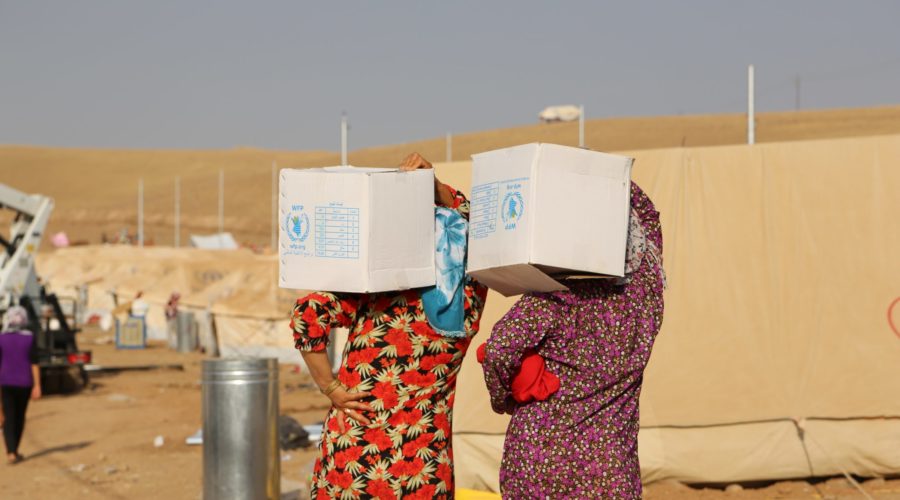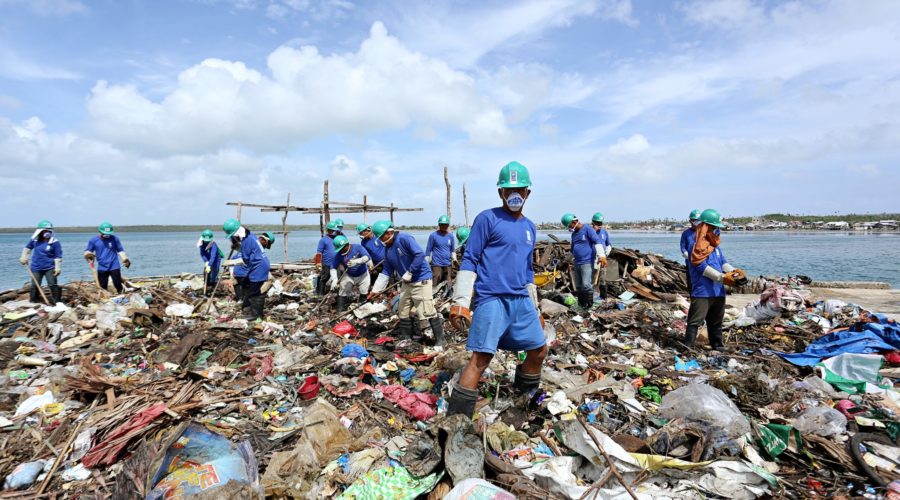The Humanitarian Country Teamis responsible for the strategic direction of the humanitarian response, while the Inter Cluster Coordination Groupcoordinates the operationalisation of the response.
OPRs and P2P support missions have found that sometimes the Humanitarian Country Team and the Inter Cluster Coordination Groupcan be disconnected. Cluster lead agencies may not always provide sufficient support to clusters as well as not representing the cluster in the Humanitarian Country Teameffectively.
Mark Bowden, Humanitarian Coordinator in Afghanistan, lists some tips for strengthening coordination:
- Reduce the size of the Humanitarian Country Team: The Humanitarian Country Teamshould be a manageable size and function as a strategic decision-making body. In Afghanistan, the Humanitarian Coordinator reduced the size of the Humanitarian Country Teamto make it more manageable, and gave it a policy agenda focused on strategy and decision-making.
- Streamline the clusters: Clusters have specific functions that are outlined in the Cluster Coordination Reference Module. However, cluster coordinators are often over-tasked and can be distracted from their core role. The Humanitarian Country Teamin Afghanistan conducted a reform process that identified the clusters essential to the operation. The number of clusters was then streamlined.
- Hire dedicated cluster coordinators: Clusters should focus on their coordination role. This includes knowing where partners operate and what they do. It also means keeping members informed of key Humanitarian Country Teamdecisions and ensuring the Humanitarian Country Teamis informed of operational issues ‘on the ground’.
- Consider cluster lead responsibilities: The Cluster lead agency has responsibilities to cluster members, Humanitarian Country Team, and Humanitarian Coordinator. This should be balanced with their responsibilities to agency headquarters.




